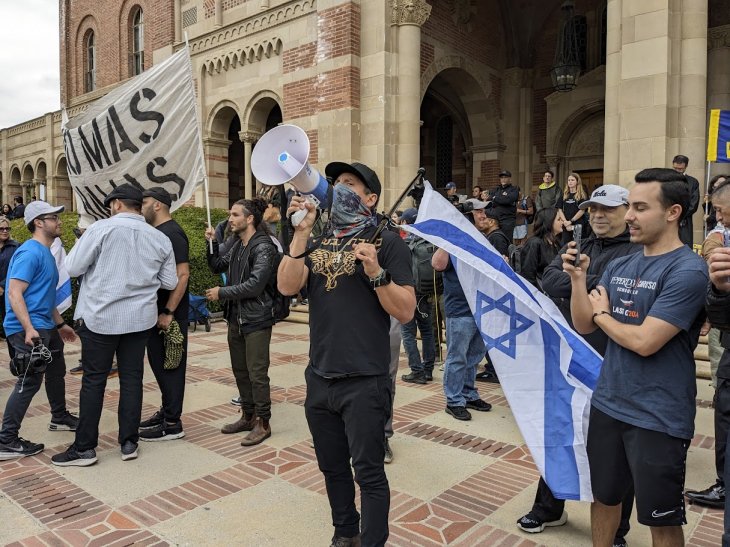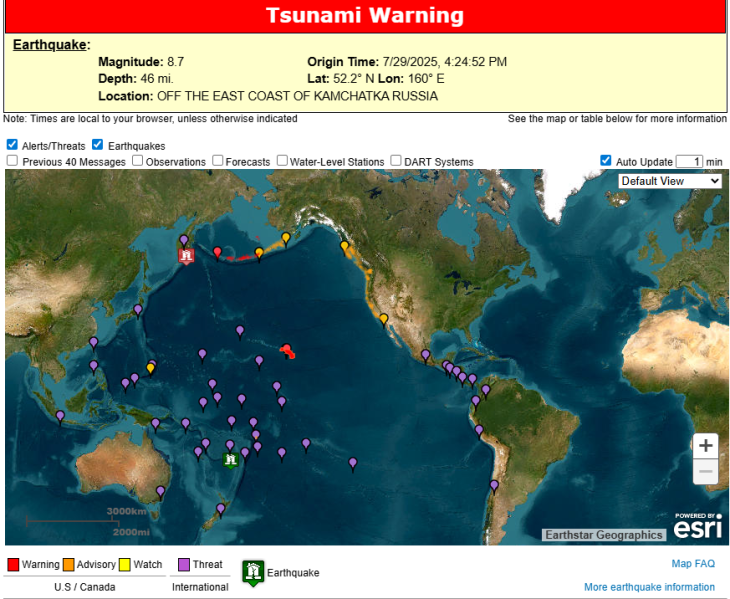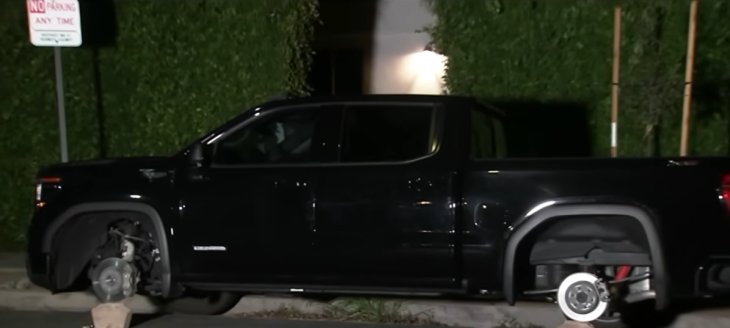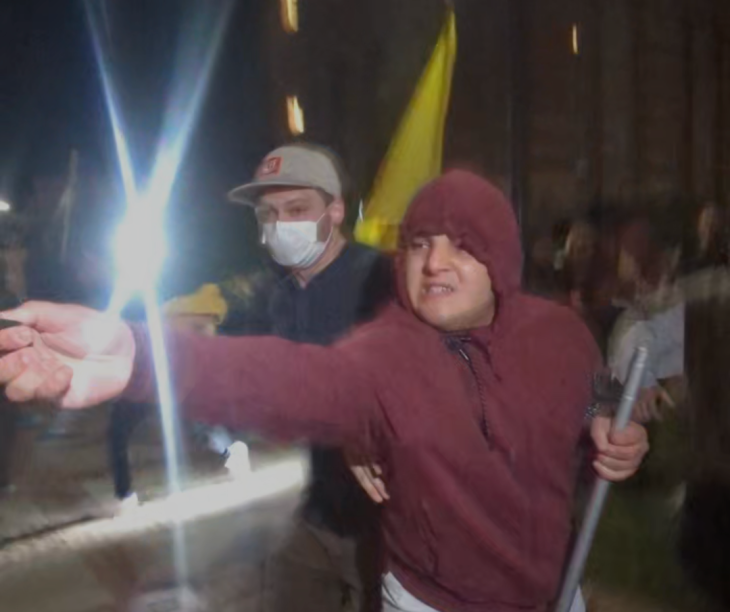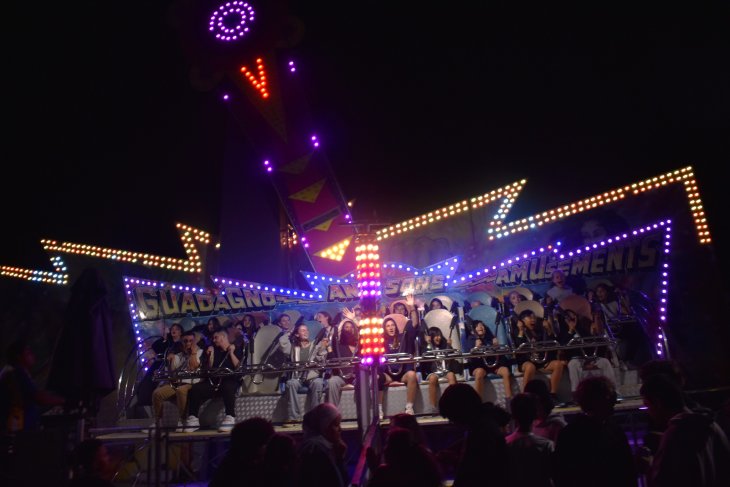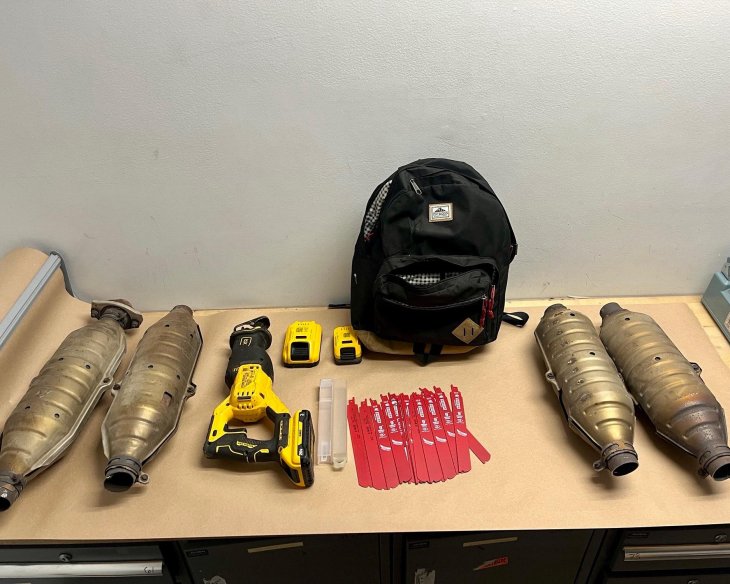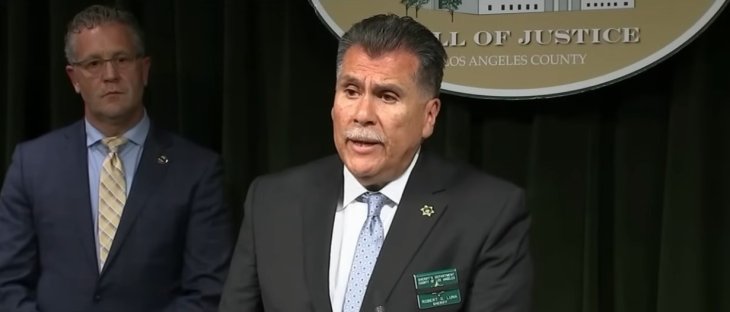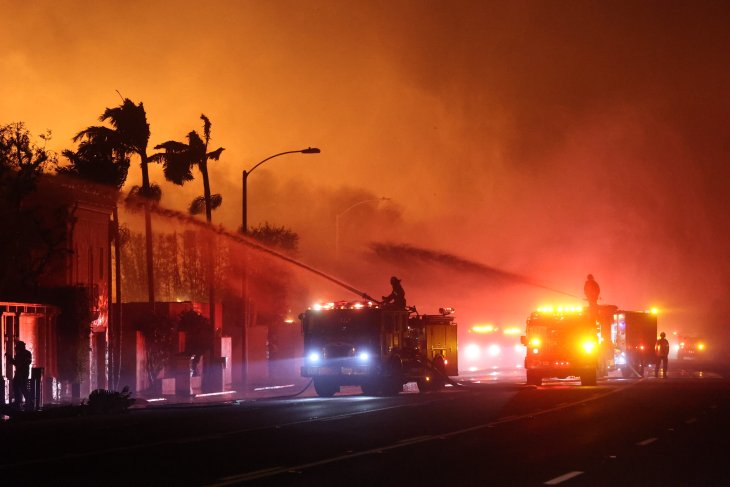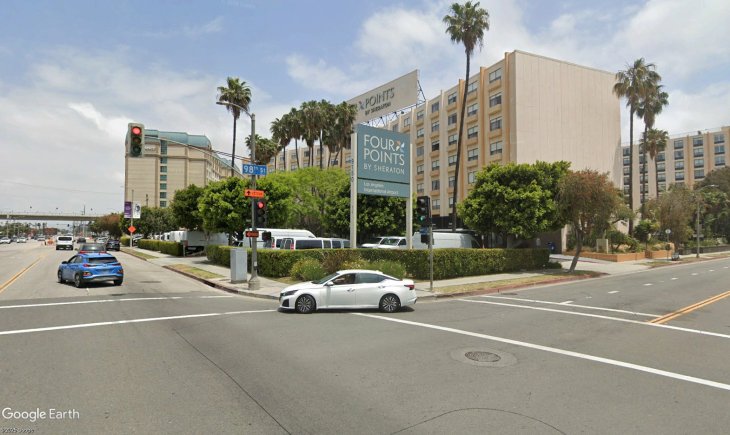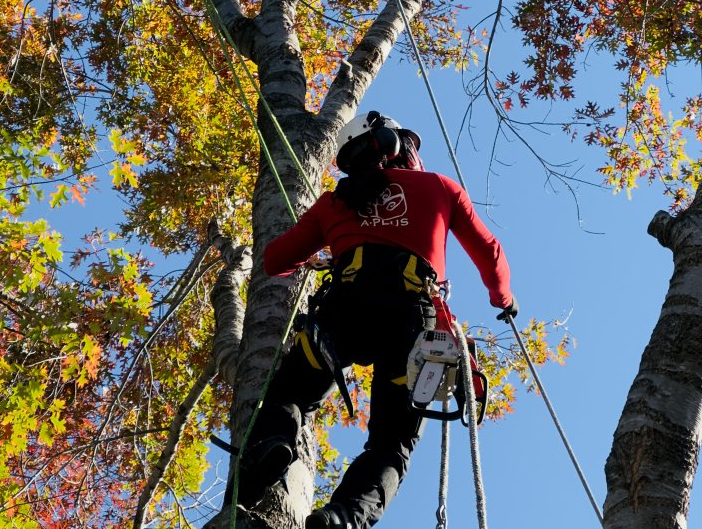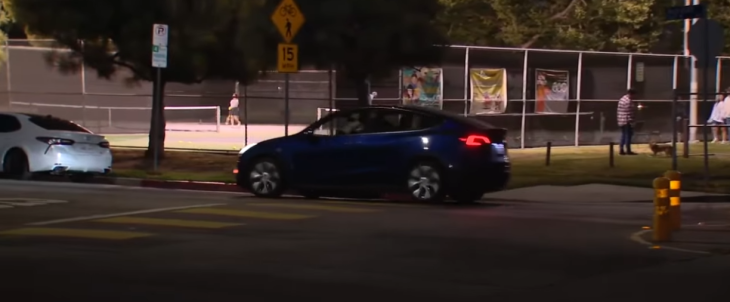The gunman who opened fire inside a Los Angeles International Airport terminal three years ago, killing a TSA officer and wounding three other people, faces a mandatory life sentence Monday.
Paul Ciancia, 26, pleaded guilty in September to the murder of Transportation Security Administration officer and father of two Gerardo Hernandez on Nov. 1, 2013, when he opened fire at LAX, setting off a panic. The plea to 11 felony counts spared him the death penalty.
The unemployed motorcycle mechanic from New Jersey intentionally targeted federal airport screeners, whose work stations he called “Nazi checkpoints” in a note found after the rampage, according to court documents.
Describing himself as a “pissed-off patriot,” Ciancia’s goal appeared to be a disruption of the functioning of the government by dissuading federal officers “from the performance of their duties,” prosecutors wrote.
U.S. District Judge Philip Gutierrez is expected to impose a life sentence for the murder of Hernandez, plus an additional 60 years for shooting and wounding TSA Officers Tony Grigsby and James Speer, and teacher Brian Ludmer. Both Grigsby and Ludmer have lodged victim impact statements with the court, describing lasting injuries and changed lives.
Although most of Ciancia’s defense papers have been filed under seal, a set of objections to a government pre-sentence report offers a glimpse of the assessment of those who studied the defendant.
In the document, defense attorneys object to references to Ciancia’s apparently documented history of killing “insects and animals,” committing “violence towards both animals and people while in the community” and “preoccupation with violent content” as irrelevant and prejudicial.
“Moreover, Ciancia did not kill the goose,” a defense attorney writes, an apparent reference to an incident discussed in secret prosecution papers.
A reading of unsealed documents from both sides reveals that prosecutors object to the defense position that Ciancia suffers from a host of serious psychotic maladies, although the government does not dispute that the defendant suffers from a “combination” of disorders and has a preoccupation with suicide.
Prosecutors are asking that the judge not make a recommendation to the Bureau of Prisons as to the facility in which to incarcerate Ciancia for the rest of his life and instead leave that decision to the bureau.
“This decision will require the Bureau of Prisons to balance several important factors, including considerations of facility security and the safety of federal prison workers in light of defendant’s mental condition and the fact that he continues to subscribe to the belief structure that contributed to the commission of his crimes,” a prosecutor wrote.
In doing so, the prosecution is apparently telegraphing a desire to have Ciancia sent to the U.S. Penitentiary Administrative Maximum Facility in Florence, Colorado. Known as the ADX, the highest-security prison in the country currently houses Ted Kaczynski, the Atlanta Olympics bomber Eric Rudolph, 9/11 conspirator Zacarias Moussaoui, and Oklahoma City bomber Terry Nichols, among others.
In an extensive catalog of mental illnesses that they contend afflict Ciancia, defense lawyers seem to be recommending that the judge incarcerate their client in a federal facility specializing in inmates with mental issues.
Ciancia walked into Terminal 3 at LAX and opened fire with a semiautomatic rifle while carrying dozens of rounds of ammunition, along with a signed handwritten note saying he wanted to kill TSA agents and “instill fear in your traitorous minds.”
Witnesses to the shooting said the gunman asked them whether they worked for the TSA, and if they said no, he moved on.
Ciancia, who had been living in the Sun Valley area of Los Angeles for about 18 months, was shot in the neck and leg during a gun battle with airport police.
Federal prosecutors cited “substantial planning and premeditation.”
Ciancia purchased his weapon almost seven months prior to the attack and concealed it on the day of the shooting by tying two pieces of luggage together to create a carrying case, according to court records.
On the day of the rampage, Ciancia sent text messages to his brother and sister in which he called himself a “patriot.”
“I’m so sorry that I have to leave you prematurely, but it is for the greater good of humanity,” he wrote to his brother. “This was the purpose I was brought here.”
To his sister, Ciancia wrote that he had to “stand up to these tyrants,” and asked her not to let the media distort his actions.
“There wasn’t a terrorist attack on Nov. 1,” he wrote. “There was a pissed-off patriot trying to water the tree of liberty.”
In previous court appearances, the defendant has shown no reaction to the proceedings. Perhaps an expert’s assessment, described in a defense document, suggests a reason.
“Ciancia believes he will get out of prison when the revolution begins,” it says.


